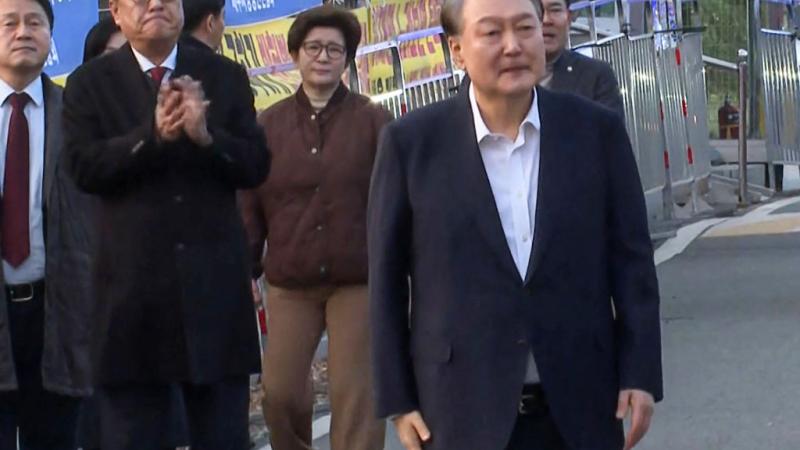U.S. law prohibiting import of products made by Uyghurs in labor camps goes into effect
U.S. businesses fear the law will further complicate the already stressed supply chain.
The United States has began enforcing the Uyghur Forced Labor Prevention Act, which mandates that companies using imported goods from China's Xinjiang region provide "clear and convincing evidence" that no part of the product was produced with slave labor.
The enforce began Tuesday, following years of concern about the Chinese Communist Party's treatment of its minority Uyghur population in that region, including those related to forced labor.
The China's ruling communist party has opposed the rule enforcement, repeatedly arguing that United States' claims about human right violation toward the Uyghur population being "vicious lies."
U.S. business leaders are also concern about the enforcement, saying the federal government has not provided clear enough guidance on steps they must take to prevent their imports from being seized at the U.S. border.
The law treats all goods with a connection to the Xinjiang region as though they are the product of labor camps and requires the importer to prove that they are not before being let into the country.
Precise compliance with the new law may be difficult for some U.S. companies due to complicated supply chains and lack of reliable information coming out of China.
The UFLPA was passed with bipartisan support in Congress in late 2021 and signed into law by President Joe Biden roughly 180 days ago. Tuesday – precisely 180 days since it was signed into law – was the deadline for its implementation.
The bill was passed in response to the U.S. determination that the Chinese government is executing a genocide against the Uyghur minority in Xinjiang.
U.S. information details an attempt by the CCP to effectively end the Uyghur people through mass surveillance, prison camps, forced sterilization and forced intermarriage. The U.S. government also thinks the mass imprisonment programs include forced factory and farm labor.
Several Western nations including the U.K., the Netherlands, and Lithuania have reached similar conclusions about Chinese government activity in Xinjiang, as have human rights organizations such as Amnesty International and the U.S. Holocaust Memorial Museum.
According to Voice of America News, U.S.-China Business Council President Craig Allen said that his organization is "expecting implementation to be messy. CBP has had to scramble to implement a complex piece of legislation in only six months.
"They have released limited information beforehand, and companies won’t know many of the details of what they must comply with until the date they must comply. This will create significant uncertainty, further snarl already stressed supply chains and contribute to inflation."
Chinese embassy spokesperson Liu Pengyu condemned the implementation of the rule, telling the news outlet, "The U.S. acts totally violate market principles and commercial ethics. Such moves will only undermine the stability of global industrial and supply chains, disrupt international trade order and hurt the U.S.’s own interests and credibility."
















